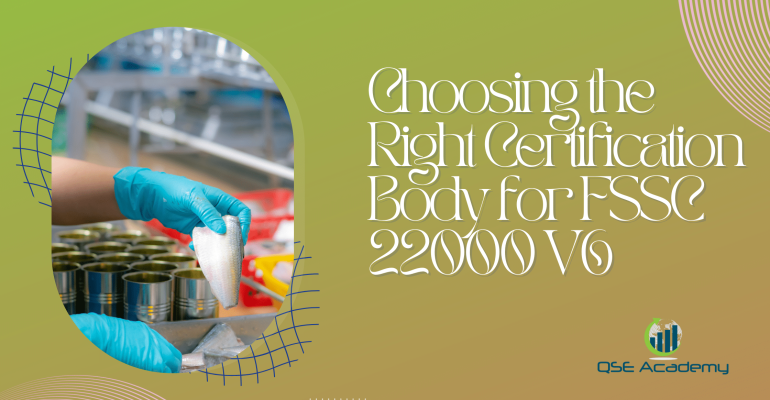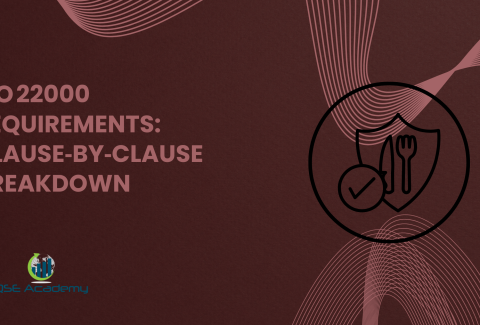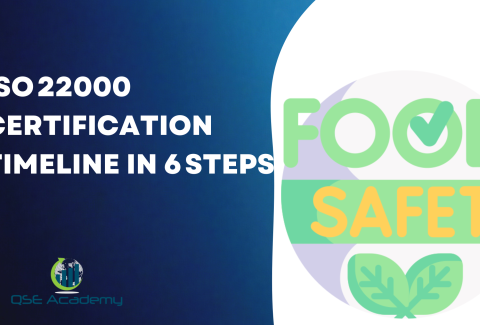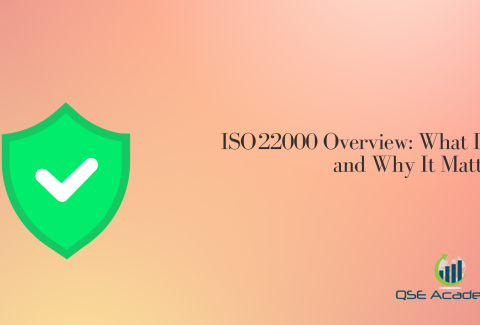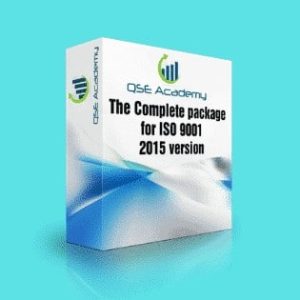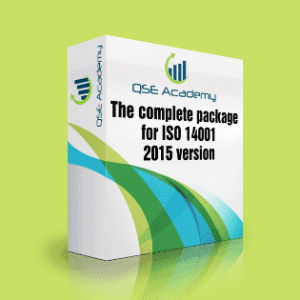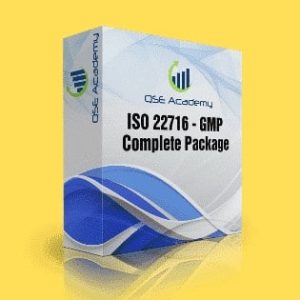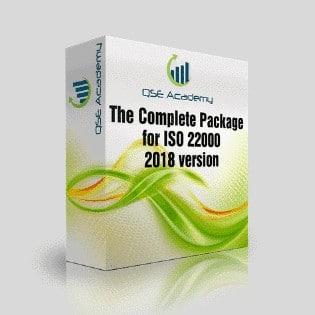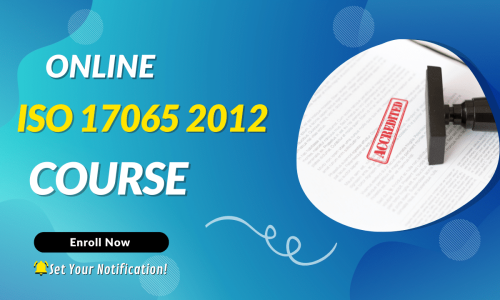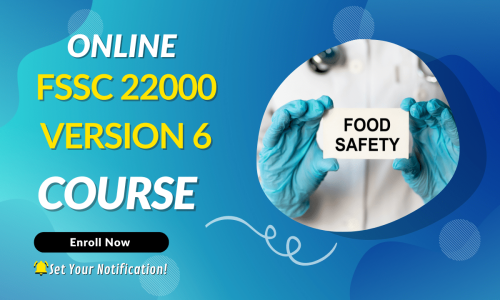Choosing the Right Certification Body for FSSC 22000 V6
Last Updated on December 23, 2025 by Hafsa J.
Choosing the Right Certification Body for FSSC 22000 V6
Let’s be real—when companies start the journey toward FSSC 22000 certification, most people focus on the internal work: documentation, training, audits. But there’s one critical decision that can quietly make or break your entire experience:
Choosing the right certification body.
I’ve spent over a decade helping food companies—big and small—navigate the FSSC certification process. And I can tell you with absolute certainty: who you choose as your certifier will directly impact your audit experience, your credibility with buyers, and your chances of staying certified long term.
So if you’re asking, “How do I know which certification body is right for us?”—you’re asking the right question.
In this article, I’ll walk you through exactly how to evaluate and compare certification bodies the smart way—based on real-world experience, not just marketing brochures. You’ll leave with the confidence to make the right choice for your business, timeline, and food sector.
Why the Right Certification Body Matters
Choosing a certification body isn’t just a formality. This organization is going to:
- Evaluate your entire food safety management system
- Be the official stamp of your GFSI-recognized compliance
- Represent your business to buyers, regulators, and industry partners
The right certification body becomes a long-term partner. The wrong one? That can lead to:
- Audit delays and rework
- Vague or inconsistent feedback
- Higher costs and operational stress
- Loss of trust from customers if things go south
This choice matters. So let’s break down how to make it wisely.
Start with Accreditation and FSSC Approval
First things first—make sure the certification body is officially accredited and approved to issue FSSC 22000 V6 certificates.
Here’s what to check:
- Are they listed on the FSSC 22000 website?
- Are they accredited by a recognized national body (like ANAB, UKAS, etc.)?
- Are they authorized to certify your specific food category?
I once worked with a beverage company that nearly signed with a certifier—only to realize they weren’t approved for Category C (processing of perishable liquids). That would’ve wasted time and money.
Bottom line: no accreditation = no valid certificate.
Match Their Industry Experience to Your Product Category
Not all certification bodies are created equal when it comes to sector knowledge. If you produce fresh produce, you need a certifier who understands agriculture. If you’re in dairy, you want someone familiar with pasteurization, allergen risks, and cold chain verification.
Ask them directly:
- “How many audits have you done in our sector?”
- “Can you provide references in our product category?”
- “Do your auditors have experience with high-risk products like ours?”
An auditor who doesn’t understand your business can miss key risks—or fixate on the wrong ones. That’s not just frustrating—it’s dangerous.
Evaluate Their Responsiveness and Communication
How a certification body communicates during the sales and quoting process is often a preview of what’s to come during the audit.
Here’s what to look for:
- Do they answer your questions clearly and quickly?
- Do they explain their process in plain language?
- Are they transparent about timelines and costs?
One red flag: If it takes them two weeks just to send a quote, imagine how long they’ll take reviewing corrective actions post-audit.
You want a certification body that respects your time and understands that clear communication is part of professionalism.
Understand Their Process and Expectations
Every certification body has a slightly different approach. Some are hands-off. Others offer guidance, templates, or even pre-audit support.
Here’s what to ask:
- “Do you provide any materials to help us prepare?”
- “Will you review our documentation in advance?”
- “What do you expect to see before and during Stage 1?”
Some of the best bodies I’ve worked with provided clients with audit prep checklists, clarification on common nonconformities, and even post-audit debrief calls. That kind of support can make a big difference—especially if it’s your first time getting certified.
Compare Total Cost (Not Just the Audit Fee)
Pricing can vary widely—and not all quotes include the same things.
When comparing quotes, break them down by:
- Number of audit days
- Travel expenses
- Report or admin fees
- Certificate issuance
- Surveillance audit rates
A low quote that leaves out “extras” can end up costing more than a more transparent one. Ask for a detailed breakdown so you can compare apples to apples.
Ask About Auditor Consistency and Rotation
Continuity matters. You want an auditor who understands your business and can track your progress year over year.
Ask:
- “Will we have the same auditor for surveillance and recertification?”
- “How are auditors assigned to clients?”
- “Can we request a specific auditor (if the fit is right)?”
One client I worked with had a new auditor every year—and had to re-explain their operations every single time. Not ideal.
Pro Tips to Help You Choose Smarter
Pro Tip 1: Ask for a sample audit plan. This gives you a glimpse into their structure and attention to detail.
Pro Tip 2: Check how they handle nonconformities. A good body provides clear, fair, and constructive feedback—not vague or rigid responses.
Pro Tip 3: Interview at least two certification bodies. Compare more than just price—look at communication, experience, and approach.
Pro Tip 4: Consider location and language. Local auditors often reduce costs and improve communication, especially during site visits or document reviews.
Common Mistakes and FAQs
Mistakes to Avoid
- Picking the lowest bidder without checking accreditation
- Choosing a certifier unfamiliar with your food category
- Not confirming audit scheduling lead times
- Failing to request a full breakdown of fees
Frequently Asked Questions
Q1: Can we change certification bodies later if we’re not happy?
Yes, but it’s not always simple. Transfers require coordination between certifiers and sometimes a full re-audit. Better to choose wisely up front.
Q2: Is a big-name certifier always the better choice?
Not necessarily. Smaller certification bodies can offer faster response times and more personal support—especially for small and medium businesses.
Q3: Can I request a specific auditor?
Often yes, depending on availability and independence rules. If you’ve had a great fit during a previous audit, it never hurts to ask.
Choose Your Certifier Like a Long-Term Partner
If you take one thing from this article, it’s this: your certification body isn’t just checking boxes—they’re helping shape your food safety culture. Choose someone who gets your industry, communicates clearly, and treats your business with respect.
The right certifier will make your FSSC 22000 journey smoother, more efficient, and more valuable—for your team and your customers.
Need help choosing? Download our free Certifier Comparison Worksheet or book a short advisory call. We’ll help you ask the right questions—and find the right fit.
You’ve put in the work to build a solid food safety system. Now choose a partner who can recognize and validate it, the right way.
Whether it’s ISO 9001, ISO 22000, or the cosmetics-focused ISO 22716, I’ve spent my career I’m not here to call myself an expert—I prefer “enthusiast” because I truly love what I do. When I’m not writing about standards, you’ll probably find me playing Piano 🎹, connecting with people, or diving into my next big project💫. I’m an engineer specialized in the food and agricultural industry
make ISO standards less intimidating and more approachable for everyone.
turning complex jargon into clear, actionable steps that businesses can actually use.
There’s something incredibly rewarding about helping people navigate food safety and quality management systems
in a way that feels simple, practical, and even enjoyable.
I have a Master’s in QHSE management and over 12 years of experience as a Quality Manager
I’ve helped more than 15 companies implement ISO 9001, ISO 22000, ISO 22716, GMP, and other standards
My clients include food producers, cosmetics manufacturers, laboratories, and service companies
I believe quality systems should be simple, useful, and efficient.

